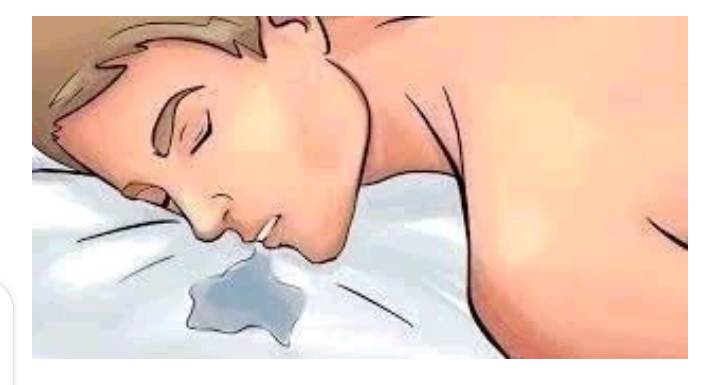Why You Drool On Your Pillow While Sleeping: Causes and What It Means
Understanding Drooling During Sleep
Drooling while asleep, scientifically referred to as *sialorrhea* or *hypersalivation*, might feel embarrassing, but it’s a natural phenomenon with various potential triggers. Let’s dive into the science behind this occurrence and what it could signify about your health.

The Role of Sleep Stages and Muscle Relaxation
Drooling often occurs due to how our bodies behave during sleep:
- Sleep Cycles: During REM (Rapid Eye Movement) sleep, muscles—including those in the mouth—become deeply relaxed. This relaxation can reduce swallowing reflexes, causing saliva to pool in the mouth and spill out.
- Body Position: Sleeping on your stomach or side allows gravity to encourage saliva to flow out of your mouth, making drooling more likely.
Excess Saliva Production: Common Causes
Several factors can lead to an overproduction of saliva:
- Medical Conditions: Conditions like teething (in infants), acid reflux, or sinus infections can increase saliva production. Sleep apnea and certain medications can also contribute.
- Swallowing Difficulties: Neurological conditions like Parkinson’s disease, cerebral palsy, or stroke can impair swallowing reflexes, leading to saliva buildup and drooling.
Psychological Factors
Emotional well-being can also play a role:
- Stress and Anxiety: High stress or anxiety levels can affect muscle relaxation during sleep, impacting how saliva is managed.
When Drooling Indicates a Health Concern
While occasional drooling is typically harmless, persistent drooling—especially if accompanied by other symptoms—may indicate an underlying issue:
- Neurological Disorders: Conditions like Parkinson’s disease or the after-effects of a stroke can disrupt swallowing reflexes.
- Sleep Apnea: This sleep disorder, which causes frequent awakenings, may interfere with normal saliva management.
Practical Tips to Reduce Drooling
- Change Sleep Position: Try sleeping on your back to minimize saliva flow.
- Check for Medical Issues: If drooling persists, consult a healthcare provider to rule out underlying conditions.
- Stay Hydrated: Dehydration can affect saliva consistency, so drink enough water during the day.
What Does Your Drooling Mean?
Drooling might seem trivial, but it can offer insights into your health. If it’s accompanied by other symptoms or causing discomfort, it’s worth exploring potential causes. Remember, understanding your body’s signals is the first step toward better health!
Have you ever noticed drooling during sleep? Share your experiences or tips to manage it in the comments! Click here to join the discussion.


